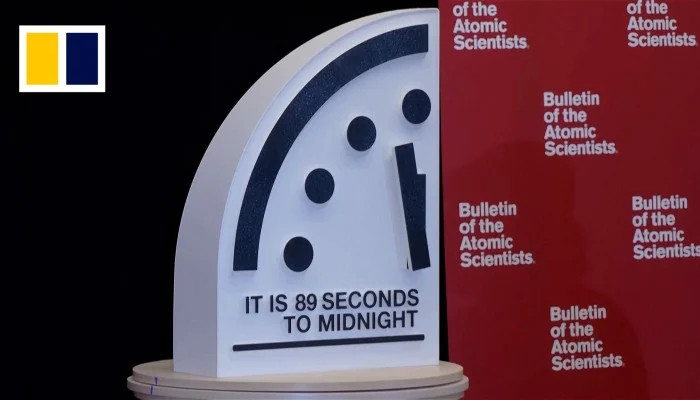Brian Walshe, a name that has garnered significant media attention in recent years, is at the center of a high-profile murder case that has captivated the nation. Walshe, a resident of Cohasset, Massachusetts, is accused of killing and dismembering his wife, Ana Walshe, in January 2023. The case has taken several dramatic turns, from initial hearings to competency evaluations, making it one of the most closely watched trials of the year.
Walshe's trial, which began on Tuesday, has been marked by intense scrutiny and legal maneuvering. The jury selection process, which commenced on Tuesday, is a critical phase in the trial. The prosecution and defense teams are meticulously selecting jurors who will ultimately decide Walshe's fate. The trial has been delayed multiple times due to various factors, including Walshe's competency to stand trial. A recent evaluation at Bridgewater State Hospital determined that Walshe is competent to stand trial, allowing the proceedings to move forward as scheduled.
One of the most intriguing aspects of the case is the extensive evidence gathered by investigators. Prosecutors have claimed to have "binders" of searches made by Walshe, which they believe will be crucial in proving their case. These searches, along with other pieces of evidence, are expected to play a pivotal role in the trial. The defense, on the other hand, is likely to challenge the admissibility and relevance of this evidence, adding another layer of complexity to the proceedings.
The case has also raised questions about the competency of Walshe to stand trial. Initially, there were concerns about his mental state, leading to a 40-day evaluation at Bridgewater State Hospital. The evaluation concluded that Walshe is competent to stand trial, a decision that has been met with mixed reactions. Some argue that the evaluation was thorough and fair, while others question the reliability of such assessments. This debate highlights the broader issue of mental health in the legal system and the challenges of determining competency in high-stakes cases.
The trial of Brian Walshe is not just a legal battle but also a human drama. The disappearance and subsequent murder of Ana Walshe have left a profound impact on her family and the community. The trial serves as a reminder of the devastating consequences of domestic violence and the importance of justice for the victims. As the trial progresses, the nation watches with bated breath, hoping for a resolution that brings some measure of closure to the Walshe family and the community at large.



